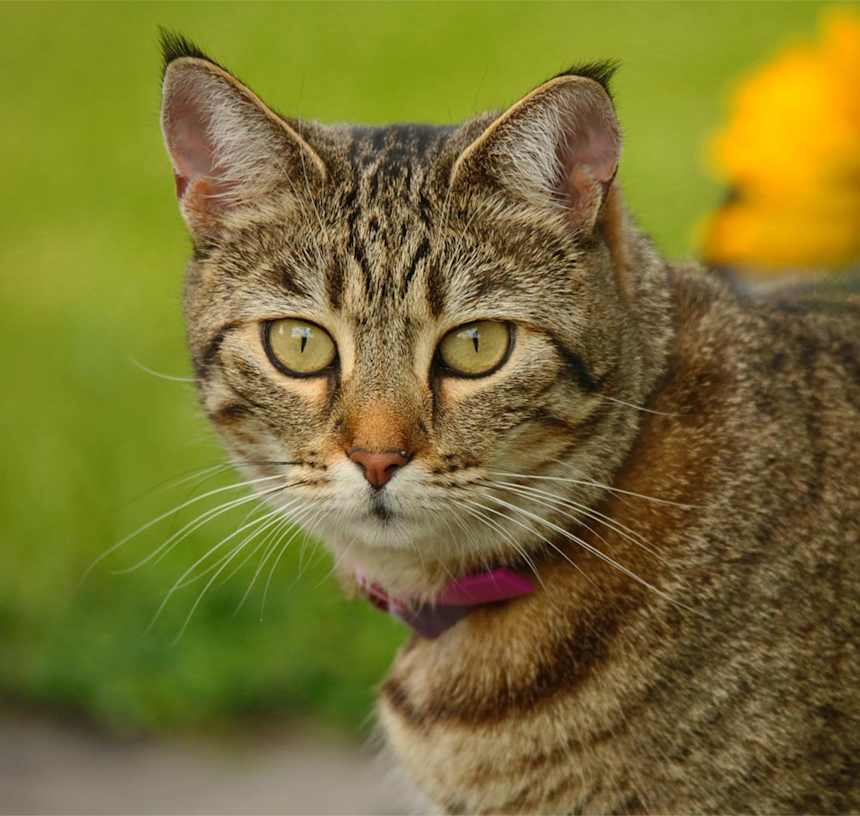Are Pixiebob cats healthy?

Yes, Pixiebob cats are a healthy breed with a diverse genetic background that supports a lower rate of inherited illnesses. While they’re typically healthy, there are still some health issues that may affect your Pixiebob cat, including the following:
- Hyperthyroidism: Hyperthyroidism is a condition where the thyroid gland overproduces thyroid hormones, leading to an increased metabolism. This can result in symptoms such as weight loss, increased appetite, hyperactivity, and excessive thirst. In Pixiebobs, as in other cats, it’s important to monitor for these signs, especially in middle-aged to older cats. Treatment options include medication, radioactive iodine therapy, or surgery to remove the overactive thyroid.
- Cryptorchidism: Cryptorchidism occurs when one or both of a male cat’s testicles fail to descend into the scrotum. This condition is hereditary and can increase the risk of testicular cancer if left untreated. It’s usually diagnosed in young kittens during a routine vet check-up. Treatment typically involves neutering, which eliminates the risk of future complications. Pixiebobs with cryptorchidism should not be bred to avoid passing the condition on.
- Feline lower urinary tract disease (FLUTD): FLUTD is a general term for various conditions that affect a cat’s bladder and urethra, leading to symptoms like difficulty urinating, blood in the urine, or frequent trips to the litter box. Pixiebob cats, like other breeds, can develop FLUTD, which is often linked to stress, diet, or dehydration. This condition can become life-threatening if it leads to a urinary blockage. Treatment includes dietary changes, increased water intake, and medications to relieve symptoms. Preventive care, such as feeding a moisture-rich diet, is important.
- Diabetes: Feline diabetes, similar to human Type 2 diabetes, occurs when a cat’s body either doesn’t produce enough insulin or doesn’t use insulin properly, resulting in high blood sugar levels. Common signs in Pixiebobs include increased thirst, frequent urination, weight loss, and lethargy. Diabetes is often managed with insulin injections, a special diet, and regular monitoring of blood sugar levels. Early detection and treatment are essential for managing this chronic condition and preventing complications like nerve damage or kidney issues.
By being aware of these conditions, keeping up with vet visits, screening for potential conditions, providing routine preventatives, and intervening early to manage health conditions, pet parents can help ensure their Pixiebob cats stay healthy and happy for as long as possible.